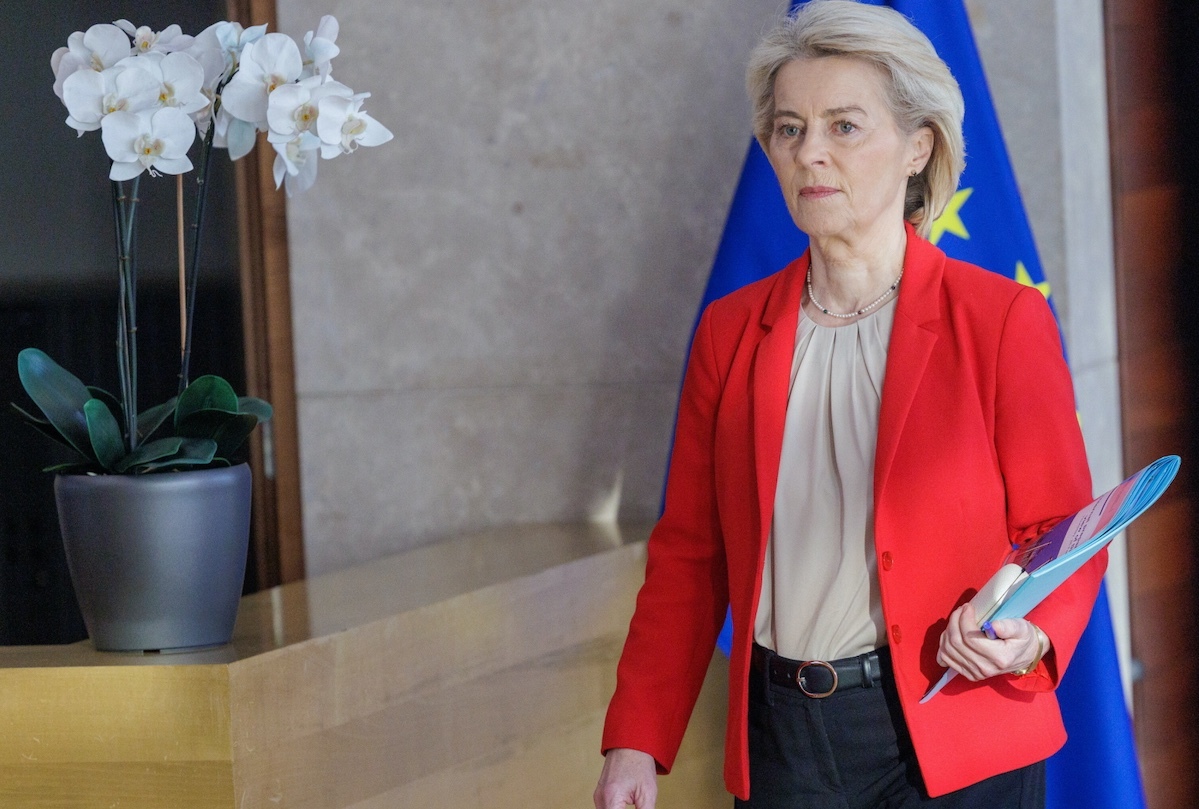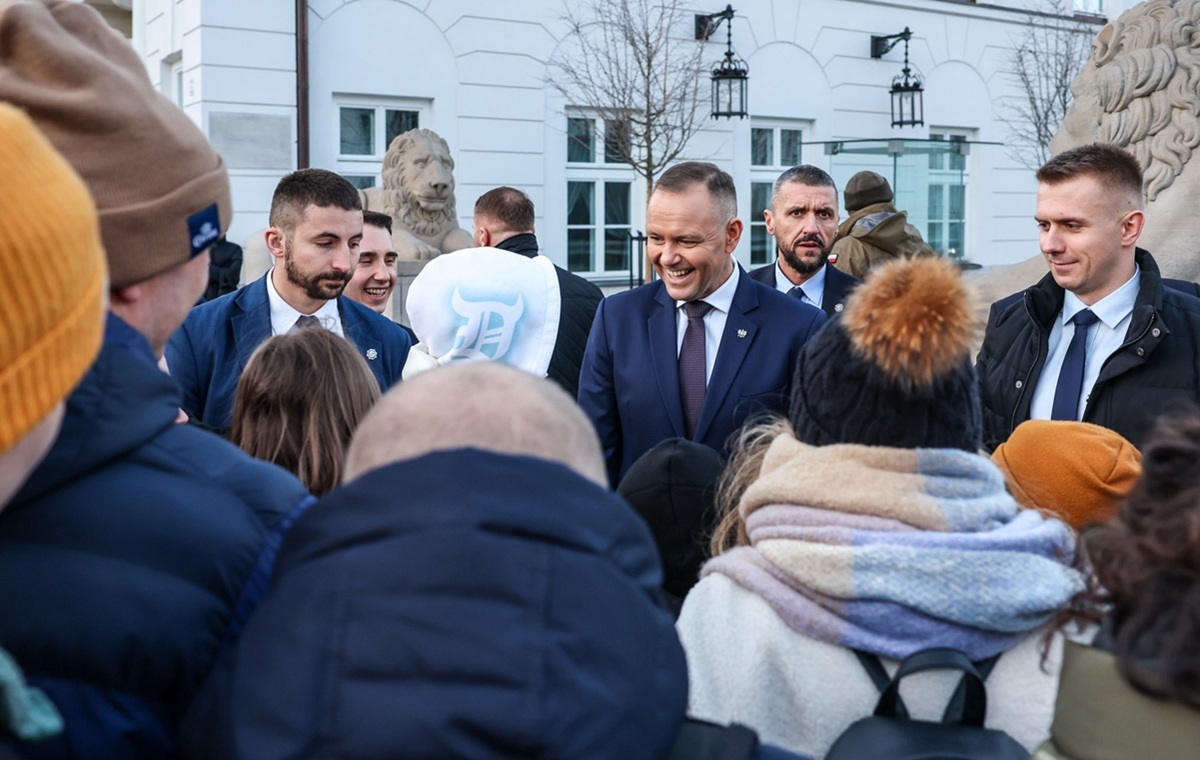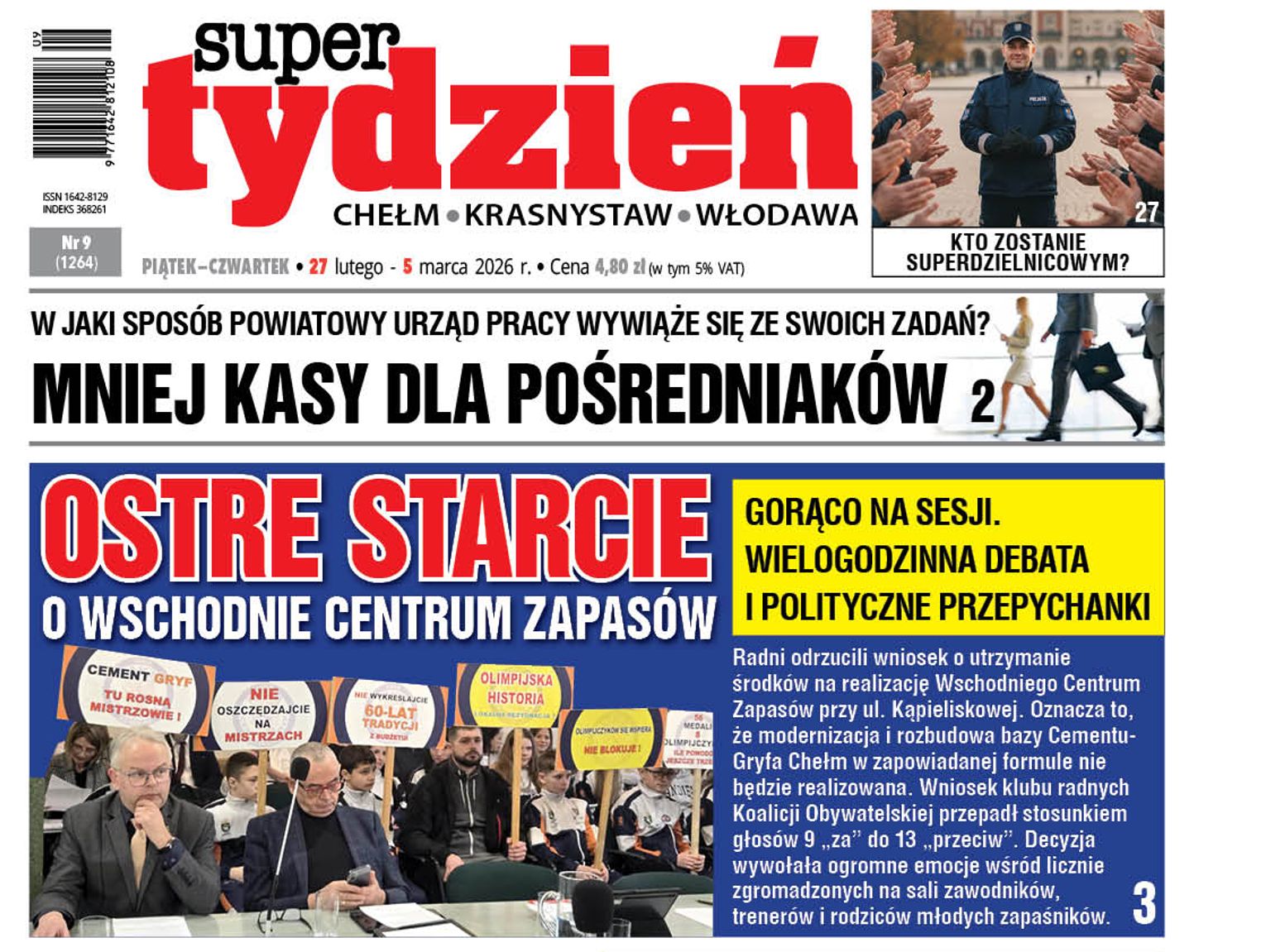WOMEN IN A FIGHT
For KSI Aleksander Szumański
Organized in the autumn of 1943 in the east state of Lviv-City, in advanced Łychczak, the motorized regiment of Ulanów Jazłowiecki was tasked with protecting the Polish population from UPA bands, insurance of broadcasting radio stations, accepting "burnt aquifers", liquidation of Gestapo agents, and preparation of troops to fight Germany in the final phase of the war and mastering Lviv before the russian troops entered. Their activities were to be the east districts of the city and the surroundings of Lviv: Winniki, Podhorce, Biłka Królki, Biłka Szlachecka, Puszki, Winniki, Ganczary.
In the absence of Jazlowiec officers in Lviv, cavalrymen from regiments located in the city were recruited into the regiment. Organisational work in the territory was completed by the end of 1943. The number of staffs and troops was about 1,400 soldiers along with the Military Rising Protection Service and, about 250 volunteers in the Military Women's Service. In April 1944, in the area of the village of Święczyce-Czartowska Skala-Winniki, 3 first forest troops of the 14th Regiment were deployed, shortly the troops expanded to squadron states. The commander was appointed an escaped German captain of the Yugoslav Army, Dragan Sotirović, ps. “Draza”. Further functions were occupied by: 1 squadron – dca lieutenant Henryk Kozinski – “Florian” in Kopiatyn, zca lieutenant Józef Szajda, ps. “Belabes” (from the abroad Legion) in Winniki. 2nd Squadron – 2nd Lieutenant Jerzy Hungarian ps. “Antek” in Wólka, zca wachm. Władysław Chorz, ps. “Józek”. 3 squadron – dca lieutenant Roman Madurowicz, ps. “Osa” in the Lwowski pasieki, zca wachm. Jan Wacek pp. “Black”, 4th squadron – dca por. Marcin Moslinger, ps. “Asessor” in Krzyczyce, 5th squadron – dca por. Bolesław Czajkowski, ps. “Tomash” in Biłka Rzeska, 6th squadron – dca por. Bolesław Czajkowski, ps. “Tomash” in Biłka Szlachecka, zca por. Emile Louis Légé, ps. “Emil” (cf. French troops).
Four squadrons: 1, 2, 3, and 6 were formed in March 1944 and 4 and 5 were mobilized on July 22. At all times, the forest troops were inundated with accrues burned in the city’s operations and threatened with recruitment to Baudienst.
The weak weaponry of the troops was powered at night with a 17-18 March drop of Allied weapons. Uwan forest troops received hand device guns, grenade launchers, 5th and sthens and purchased from Silesians and Hungarians, serving in the German Army, various types of short arms. As of February 1944, UPA troops raided Polish villages in the area of Dawidów-Winniki, killing residents and burning their homes. The Lavans conducted informing and retaliation actions and burned the Ukrainian village of Szolomyje, in which the SS Ukrainians stationed. The action was carried out by the troops of the 14th Ulan Regiment under the command of the “Images” without own losses. The Ukrainian attacks stopped for a while.
Shortly before the Storm, the 14th Ulan Regiment had about 850 soldiers. In Lviv, “Burza” began on 22 July. The “Dragues” units stationed in the winery forests were tasked with intercepting the main German defensive line east of Lviv, for many months reinforced by the Germans.
"Dreases" ordered the action to begin at the minute erstwhile units 129 of the Motorised Infantry Brigade of Colonel Jefimov, which had cut off German units from the south, were approaching Lvov on the side of the wine forests. 4 squadrons of forest troops of the 14th Ulan Regiment were located on the right wing of russian troops that invaded Green Street to Lviv. Thus, German troops were placed in a boiler on the front of the defensive line, as they were cut off from Kopiatin to Krzywczyc by the "Osa", "Antka" and "Floriana" troops. First losses occurred. "Black" patrol on the way from Kopiatine to Winnik fell into an ambush set by the Germans. "Black," wounded in the head, miraculously avoided death, but lost an eye.
The 3rd squadron of "Osa" supported by russian armored cars, launched an attack on German positions north of Zielona Street towards Pasiek. Germans were rejected from their position and then from all over advanced Lychakov. Captain Drazi was injured, but he did not leave the ward. The squadrons, first and second, concentrated in the Copy, expecting a German attack from the east. Capt. “Drazi” agreed on further action with the russian staff.
By the end of the conflict for the Lviv, by 27 July, squadrons first and second, stood on the east suburbs of the city, where German units were grouped. They were afraid of trying to break through them, which would origin street fights and demolition of the city, and what they wanted to avoid. The remaining squadrons of the 14th Ulan Regiment were repelling German troops close Lviv, attempting to break through the russian boiler.
On July 23, there was the first, larger conflict in Biłki. The losses were mutual. Despite the introduction of mortars by e.g., Lieutenant Tchaikovsky's branch persisted in positions until russian units loosened, which occurred the following morning.
In the Storm Action and the days preceding it, the 14th Ulan Regiment in the fight against UPA and Germany lost about 30 dead, murdered and dead from wounds, not counting wounded ulans.
For fighting against Germany during the Storm Action, the Virtuti Militari Cross were awarded: Major “Draza”, Lieutenant Bolesław Czajkowski “Tomach”. The Knights' Cross was given to: Fr Michał Mazan - “Galek”, ulan Zygmunt Wadowski – “Longinus”, paramedic “Rysia”, ulan “Stal”. The last name you know.
On 30 July 1944, Gen. NKWD Gruszko declared to General Władysław Filipkowski that the Lviv were "radziecki and Ukrainian", and Poles would be able to join the russian army or Berling's army.
In view of specified a situation, the Area Commander ordered the dissolution of all AK troops subordinate to himself, while at the same time ordered the creation of forest troops under the code name “Warta”. Colonel Franciszek Rekucki, ps. “The axe” was the commander.
The following day, 33 officers from the National Army staff were arrested sneakily lured to the “retreat”.
Major Drazi reports: (...) "Two Russian colonels invitation us to the school building, explaining that there is not adequate area in the staff, nor is there adequate office material. We're 28 officers and 4 women, and the best part was in Lviv. It's the first time we've protested loudly, showing suspicion. 1 of the Russian colonels says to us: “What do you gentlemen not want to fight against the Germans?”
– What to do? – “The chauffeur” (Felix Maziarski) calls me.
– I have no choice but to go or fight here. But I think it's better to stay here. At least we have our men at our disposal. After a minute of hesitation, the "Chasher" demands the russian colonel's word of honor that nothing bad will happen to us. The Colonel gives his word of honor. The decision is made. We're getting on Russian cars. We're on our way. We enter the first level of the hall, where there are indeed tables with office material. We're just fooling around. After 10 minutes, however, a major invites us to the General. On the stairs, a soldier by a soldier with automatics. The illusion is completely gone. There's a beautiful public situation.
We go into 1 of the halls where any colonel takes us, asking us to sit down according to seniority. In 3 separate chairs we sit, the erstwhile chief of staff, me and my deputy captain Łodyg” (Andrzej Chołoniewski). At the same time, as we sit down, Colonel Russian, Szyrokoj drew out the weapon and shouted “Ruki in the drill!”. At the same time, the Russians collapsed into the room.
This was the end of Polish knights, who had been fighting a heroic fight against the occupier for six years. They did not fall and retreat from the force of the enemy; they were enslaved by Asian perfidy, supported by the fictional aid of Churchill.”
For his activity in the ranks of the Home Army, Major “Draza” received thanks from the Chief Leader, General Dyw. Tadeusz Bor-Komorowski. In October 1981 at the request of soldiers of the AK territory of Lviv, the last surviving associate of the Lvov Defence Cross Chapter of 1918, General Mieczysław Boruta-Spiechowicz, Commandant of the 1st Sienkiewicz School Crew, approved the Lvov Defence Cross 1939-1944.
The establishment of this Cross was favorably accepted by the last president of Lviv and the president of the Republic of Poland in the Outland, Sienkiewicz School soldier, Prof. Stanisław Ostrowski.
Major Dragan M. Sotirović "Drazi", "Michael", "X". Captain of the Yugoslav Army, Adjutant Gen. Mihajlović, Serb; escaped from the POW camp in Stryj. After contacting the AK, he became deputy commander of forest troops of 14 BC, which he actually commanded. For valor during the action “Burza” awarded the Order of Virtuti Militari V class. Arrested by the NKVD on July 31, 1944, along with another officers of the AK Lwów District, fugitives from prison, he entered for San to Rzeszów, the “Warta” branch of the Lviv Area. He commanded the company „D14′′, referring to the tradition of forest troops 14 p. AK. Street. On 5 March 1945 accidentally captured by the NKWD under Dynow, while trying to escape, he jumped from the second level breaking bones in his foot. Unrecognized – he claimed to be a French officer named Jacques Roman, returning from a camp in Odessa. Delivered to Rzeszów and placed in the hospital, from there freed by “No”. At the turn of April and May 1945, he joined the branch again. On 29 May 1945, he signed in Siedlicki a "non-aggression pact" with UPA recognising that the Soviets are a common enemy of both sides. However, a lasting agreement has not been reached. On 25 June 1945, the “Draży” branch performed the last action – on the road between Jasienica and Domaradze liquidated the russian unit with rolling stock, taking distant its robbed horses and cows. Promoted to major in the AK. In the summertime of 1945 he made his way to France, accepted French citizenship and changed his name to Jacques Roman.
“Lviv Meetings” by Bożen Rafalska; Aleksander Szumański
Development based on the book „The Dzieje Ułań Jazłowiecki”, London 1988. (Danuta B. Łomaczewska)
The article was reprinted from the TMLiKPW Capital Branch Bulletin


















